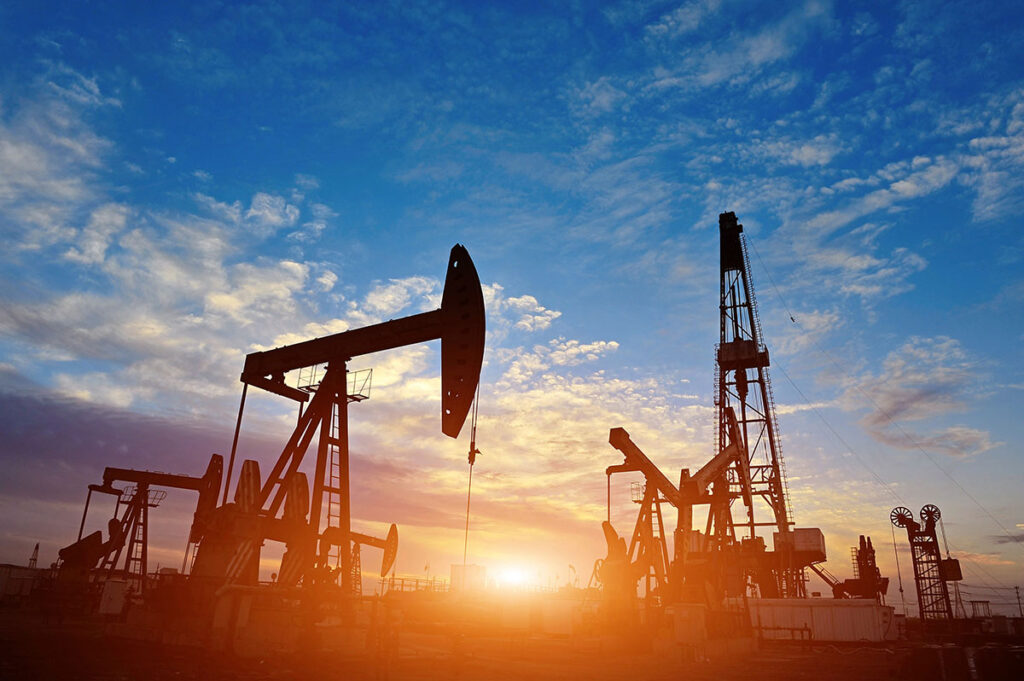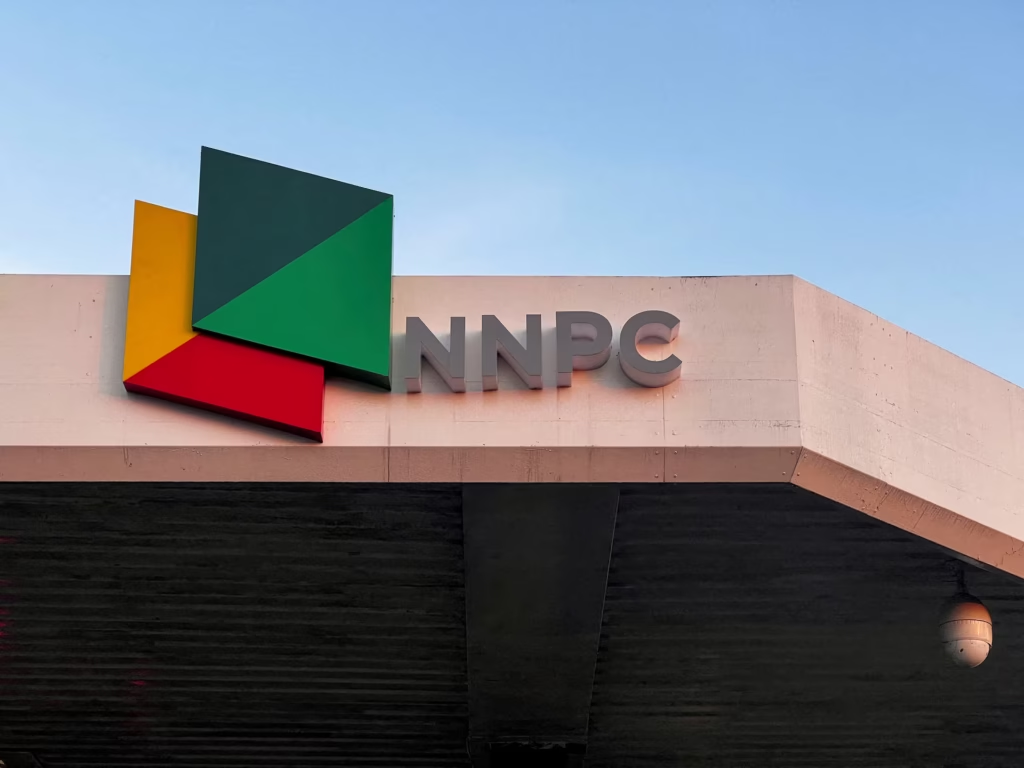
With the holy month of Ramadan beginning next week in Nigeria, Africa’s most populous Muslim nation faces a daunting challenge.
The country is grappling with its worst economic crisis in a generation, leaving many struggling to afford even basic necessities.
Food inflation sits at a staggering 35%, pushing everyday essentials further out of reach. Worshippers at Lagos’ central mosque shared their anxieties with AFP.
“Some have already started fasting because they can’t afford to eat three meals a day,” lamented Owoyemi Sherifent Mojisola, a 54-year-old worshipper. “Everything is simply too expensive.”
President Bola Ahmed Tinubu’s reforms, implemented last year, have had a devastating impact on citizens.
These reforms included ending fuel subsidies and currency controls, leading to a tripling of petrol prices and a weakened naira.
While Tinubu urges patience, claiming the changes will attract foreign investment, the immediate impact has been a significant rise in living costs.
Many Nigerians are forced to skip meals and cut out essentials like meat, eggs, and milk.
“It’s incredibly difficult,” shared Idihabom Nafisah Oyebanji, a 42-year-old mother. Ramadan staples like milk and melon have become luxuries she can no longer afford.
The economic strain extends beyond consumers. Traders are also feeling the pinch.
“People simply don’t have the money for Ramadan treats anymore,” said Azeez Shelifiu, an incense seller.
His monthly income has plummeted by a third in just six months.
This economic crisis has fueled social unrest, with recent reports of food stores being looted in the capital, Abuja.
The national emergency agency responded by tightening security around its warehouses.
In the face of these hardships, religious leaders are calling for solidarity. Imam Sulaiman Oluwatoyin Abou-Nolla of the central mosque urges his congregation to support each other, especially during Ramadan.
The mosque plans to distribute food throughout the holy month. The Imam also highlighted how the economic situation is exacerbating other social issues, like kidnappings for ransom, citing high unemployment and industrial closures.
With over 63% living in extreme poverty, according to the National Bureau of Statistics, Nigeria finds itself facing a complex crisis on multiple fronts as Ramadan approaches.




